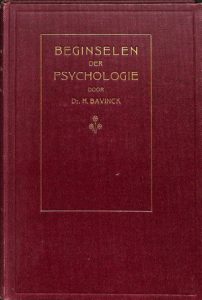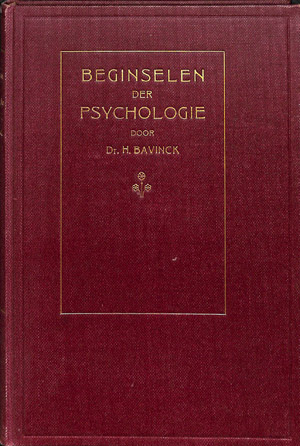At the behest of one of the editors, we’ve included an appendix in the new volume in the Abraham Kuyper Collected Works in Public Theology series, On Education, and called it “Lemkes’ Wish.”
Here’s the background: Hubertus Johannes Lemkes (1828–97) was a teacher and a co-founder of the Association of Christian Teachers in the Netherlands and the Overseas Possession. In 1893 Lemkes writes a letter to Abraham Kuyper, requesting that Dr. Kuyper take up the challenge of writing a study of Christian psychology, particularly with the purpose of articulating a Christian anthropology (or doctrine of the human person) as it relates to questions of pedagogy, or educational method and philosophy.
As Lemkes puts it to Kuyper, “You who have pondered everything of importance, surely you have an anthropology in your head and heart which I urge you to share with us. It is my conviction that there is a demand for it in our time, and that you will not take it ill of me that I have taken the liberty to write you this.”
Kuyper responds briefly: “A Christian psychology is certainly needed, but it cannot be had just like that. I will not get to it until my dogmatic theology is published.” He then promises to raise the issue with Jan Woltjer (1849–1917), a professor at the Free University.
 Alas, Lemkes would not live to see his wish fulfilled. Kuyper never completed either his own dogmatic theology or a study of Christian psychology. Kuyper’s younger colleague Herman Bavinck (1854–1921), however, did write a Christian psychology, although its first edition did not appear until later in 1897, the year of Lemkes’ death.
Alas, Lemkes would not live to see his wish fulfilled. Kuyper never completed either his own dogmatic theology or a study of Christian psychology. Kuyper’s younger colleague Herman Bavinck (1854–1921), however, did write a Christian psychology, although its first edition did not appear until later in 1897, the year of Lemkes’ death.
Bavinck’s Foundations of Psychology is, providentially, newly available in English translation as the latest issue of the Bavinck Review. It has been restored to its full form, including the extensive and informative reference apparatus, and is available here. Another articulation of a Christian anthropology, “Created, fallen, and converted humanity,” is also newly available in volume 1 of Bavinck’s Reformed Ethics. Kuyper’s On Education is likewise now available in digital format in Logos and hardcopies will be coming soon as well.

